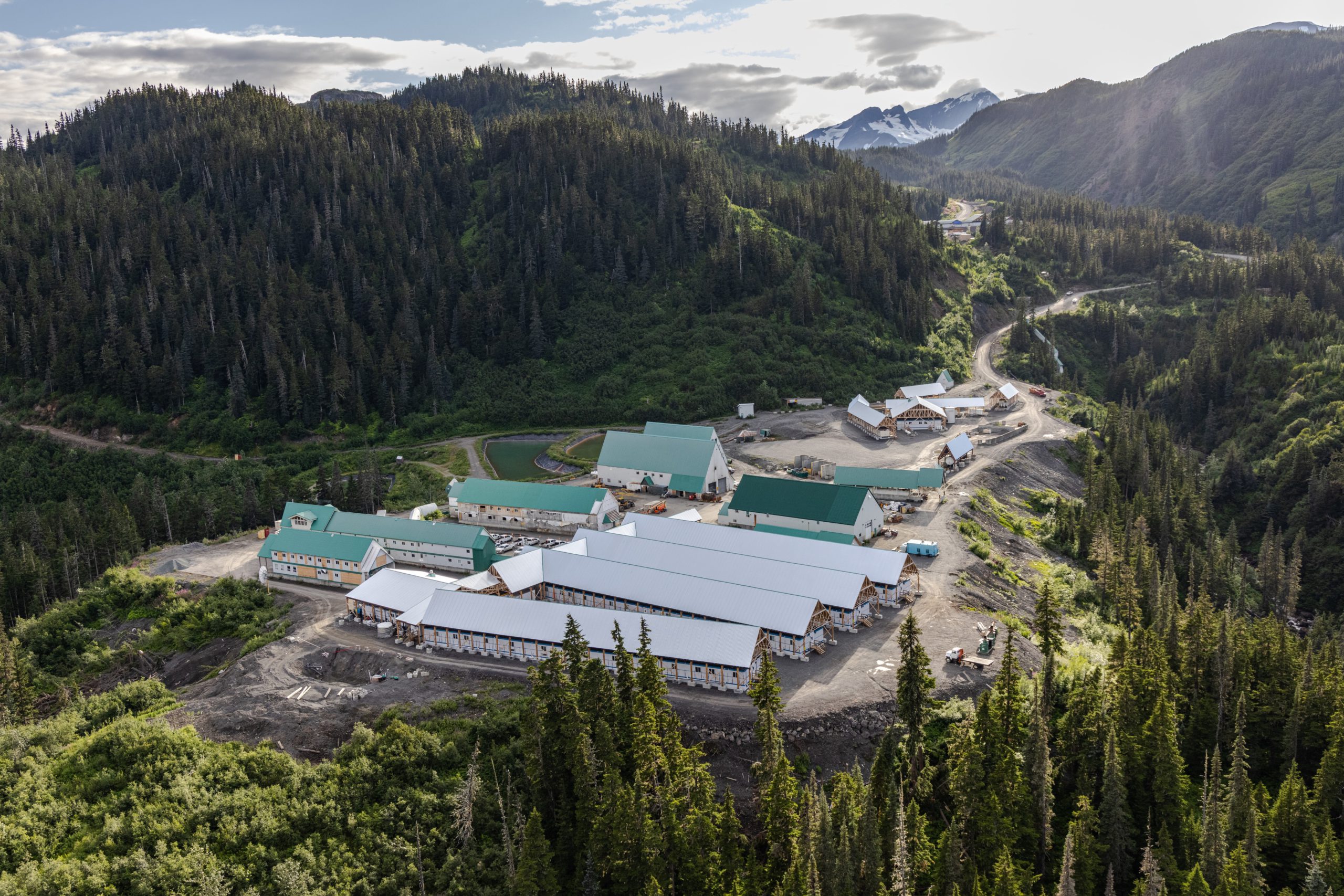Sign up for daily news updates from CleanTechnica on email. Or follow us on Google News!
Exploding hydrogen cars were not on my 2024 presidential campaign bingo card, but here we are. Starting last month, former President Trump suddenly began turning attention to the dangers of explosive hydrogen cars during his rallies. That’s an odd digression into minutiae with Election Day just weeks away. After all, hydrogen clings to a vanishingly small slice of the US passenger car market, so who cares if they explode or not? Hydrogen fuel cell trucks, on the other hand, are poised to become big business.
What’s All This About Exploding Hydrogen Cars?
Raw Story reporter David Edwards was among the first to draw attention to the sudden appearance of exploding hydrogen cars in amongst the former President’s rant-filled diatribes.
Drawing from a video of the speech on September 24, Edwards noted that Trump introduced the topic with a shout-out to Tesla CEO and X (formerly Twitter) owner Elon Musk, who has since joined Trump on the campaign trail.
“You know, the new thing — and I’m sure Elon will get it if it’s any good — got one little problem it explodes, hydrogen,” Trump continued. “They say the new thing is hydrogen cars, but they’re having a problem if it explodes you end up about seven blocks away. And you’re dead.”
E&E News reporter Robin Bravender followed up on October 1, transcribing one of Trump’s rants against hydrogen cars in bloody detail:
“They have one problem: On occasion, it will blow up. And when it blows up, you are not recognizable. No, you’re not even recognizable. This is like a massive bomb-bang drop. When it blows up, you are no longer. Your wife cannot identify you, let me put it that way. ‘Is this your husband?’ As they show you blood. ‘Is this your husband?,’” Trump said.
Leaving aside the question of what a massive bomb-bang drop looks like, Trump’s growing attachment to Musk could explain why the hydrogen issue suddenly caught his eye. The graphic attacks on hydrogen cars at this point in the campaign timeline don’t make any sense in terms of winning over the electorate, but they do support Musk’s well known distaste for hydrogen fuel cell technology.
The Hydrogen Fuel Cell Trucks Are Rolling In
As Edwards indicates in his report for Raw Story, the hydrogen car rants are even more of a non-issue than they seem. For starters, nobody is actually taking the idea of mass-marketing hydrogen cars seriously, at least not to the extent that requires burning hydrogen in an internal combustion engine.
Deploying hydrogen to run a fuel cell electric car is another matter. A hydrogen fuel cell car is an electric vehicle, but instead of storing electricity in a battery it generates electricity on-the-go by fostering a reaction between hydrogen and oxygen. That, too, is not particularly worth attention as a campaign issue. Fuel cell passenger cars are becoming popular elsewhere around the world, but they aren’t even close to cracking the US market.
The cracking of the US market will get even tougher in the coming years as a new generation of battery-powered electric cars begins to emerge with lower costs, longer range, and faster charging times along with the advantages of vehicle-to-home technology.
So much for hydrogen cars. The outlook looks much brighter for hydrogen fuel cell trucks, buses, and other heavy-duty vehicles, where the advantages of more power and faster fueling times can potentially compete with the equivalent in battery packs.
Where Are All The Hydrogen Fuel Cell Trucks?
Despite the potential advantages of fuel cell trucks in the heavy duty vehicle area, activity here in the US has been spotty. One of the few perennial headline-grabbers is Tesla competitor Nikola, which has been doggedly pursuing the fuel cell electric truck market as well as battery-powered trucks for about 10 years (see more Nikola background here).
Despite some ups and downs, all that hard work is beginning to pay off. Last year, Nikola began commercial production of its Tre fuel cell trucks. Among other developments since then, on October 10th, the company announced that it inked a deal with the well known truck leasing firm GTS Group to offer its battery and fuel cell trucks through a dealer located in Fontana, California. That makes a total of 19 sales and service locations for Nikola’s growing portfolio.
Back in 2022, I also took note of other signs growing interest in fuel cell trucks, including a $200 million investment by Bosch in South Carolina and a forthcoming pilot test of Ford’s new F550 Fuel Cell Prototype Chassis Work Truck, aimed at supplying fuel cell trucks to the firm Ferguson Enterprises among others.
US Department Of Energy Loves Fuel Cell Trucks
The interest in fuel cell trucks has been partly fueled by the US Department of Energy’s SuperTruck 3 competition. The Supertruck program began in the early 2000s with a focus on improving the efficiency of diesel engines. More recently diesel has gone out the window, and Supertruck 3 is focused exclusively on new batteries and fuel cells for electric trucks.
Among the Supertruck 3 participants is the leading truck maker PACCAR, which has hooked up with Toyota to produce fuel cell trucks under its Kenworth and Peterbilt brands. Like Nikola, PACCAR is pursuing both fuel cell and battery-electric trucks, indicating that industry stakeholders are either hedging their bets or placing a value on technology diversification.
Hydrogen Hubs & The Coming Of The Hydrogen Car
Another source of support for fuel cell trucks is the Energy Department’s new $7 billion Regional Clean Hydrogen Hubs program. The program aims to ramp up and diversify the US hydrogen industry, which is badly in need of a sustainability makeover.
The program opened for proposals in 2022 and seven of the proposed hubs made the final cut last year. Among them is California’s ARCHES initiative, aimed specifically at developing an open-source clean hydrogen supply network for fuel cell trucks and other heavy-duty vehicles in collaboration with other stakeholders.
The ARCHES program resolves the fuel chicken-and-egg dilemma for fuel cell trucks along the West Coast transportation corridor, and BMW is among the automakers foreseeing a ripple effect on fuel cell cars.
I attended a BMW event in New York City last month focusing on the new hydrogen hubs. Without going too deeply into the weeds, the idea is that the effort to build out an open-source hydrogen network for fuel cell trucks and other industrial users will also create more economical conditions for introducing fuel cell cars into the mix.
I’ll have more details on that event after I sort out my notes. In the meantime, one other element to consider is the growing popularity of fuel cell forklifts in the growing number of warehouses and fulfillment centers scattered around the countryside, which also contributes to the hydrogen fuel network.
BMW isn’t exactly sitting on its hands waiting to see what happens. Last month, in a joint press release with Toyota, the company announced plans to launch the industry’s first ever series production of a fuel cell electric car in 2028.
Follow me via LinkTree, or @tinamcasey on Threads, LinkedIn, and Instagram.
Photo (cropped): Nikola is among the US truck manufacturers determined to make fuel cell trucks happen, regardless of who says what about hydrogen along the campaign trail (courtesy of Nikola).

Have a tip for CleanTechnica? Want to advertise? Want to suggest a guest for our CleanTech Talk podcast? Contact us here.
Latest CleanTechnica.TV Videos
CleanTechnica uses affiliate links. See our policy here.
CleanTechnica’s Comment Policy





